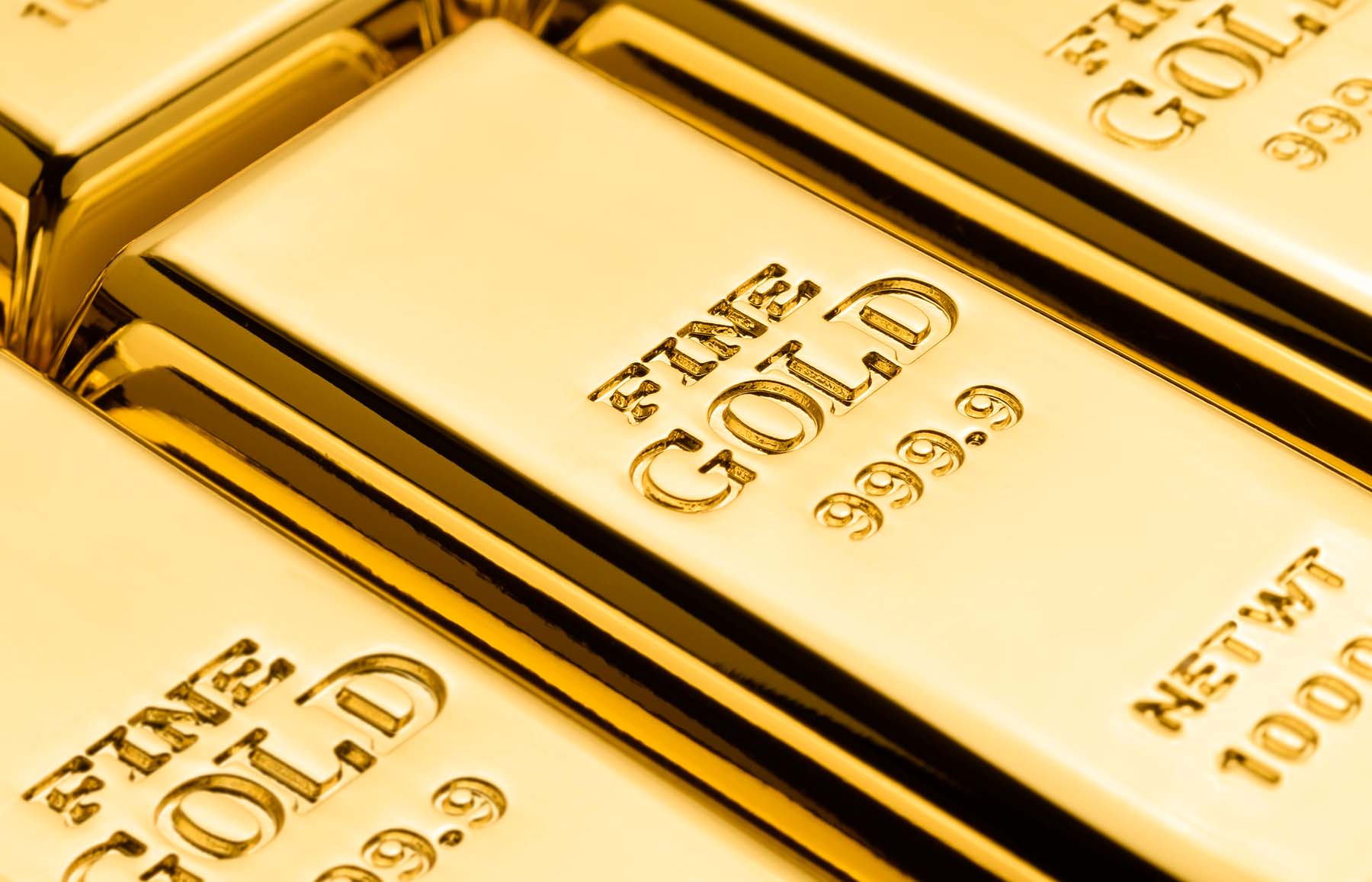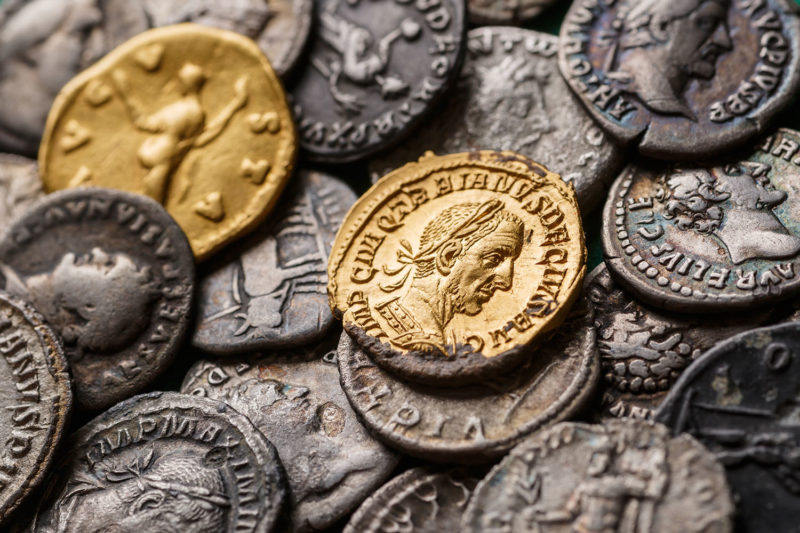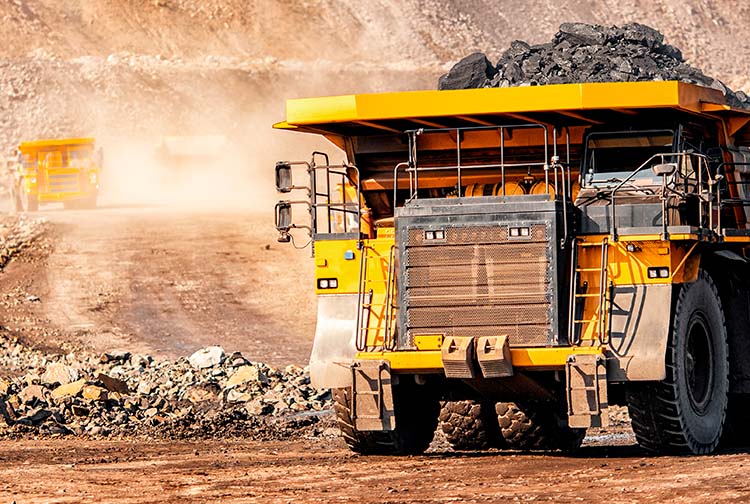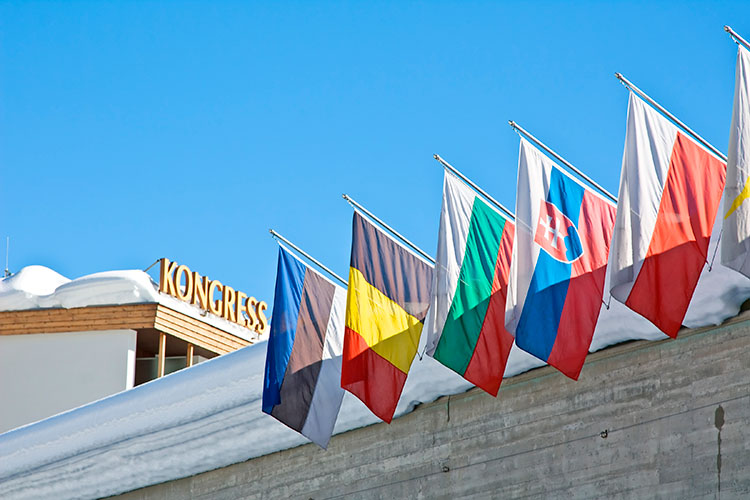

What does the gold industry contribute to society?
Gold mines exist on every continent except Antarctica, often in remote and impoverished areas. World Gold Council data show that responsible gold mining contributes to the economic and social development of many local communities.
Gold has been a unique precious metal with great emotional, cultural and financial value throughout history. In addition, gold has an increasing number of technological applications, including in mobile phones, medical test kits and airbags for vehicles.
Gold resources are also a key source of opportunities in many developing countries. As a World Gold Council report shows, responsible gold mining generates numerous jobs, facilitates the construction of infrastructure and contributes to the development of local communities, as well as bringing in substantial revenues through taxes and royalties.
Well-paid employment
Analysis of the operations of 31 of the 32 member companies of the World Gold Council shows that in 2020 they were responsible for nearly 200,000 direct jobs and 1.2 million indirect jobs in 38 countries. In addition, the reuse of wages earned in the gold supply chain supports a further 700,000 jobs in the wider economy.
Workers in the gold industry are well paid, averaging six times the national average wage. And it should be noted that 95 % of the employees belong to the country where the mine is located. The percentage of expatriates has halved in the last seven years.
Development of local communities
Companies in the sector recognise the mutual benefits of integrating as much as possible into the local economy, using indigenous people and supply chains. This underpins their “licence to operate” and allows the community to benefit from the economic and social development of the mine.
Indeed, operating in an isolated enclave with the local community’s back turned is no longer a viable option for any mining company. To be successful, they must generate sustainable benefits for local people, especially in the poorest and most remote locations, where there are often few alternative avenues for economic activity and community progress.
This has meant that by 2020 the World Gold Council’s member companies spent more than €430 million on community investment. In addition to meeting the needs of a gold mine, it is clear that investments in roads, water, and electricity supply are of long-term benefit to businesses and communities in the area.
We must add €7.6 billion paid in taxes and royalties, which go back into improving public services, education, health, and infrastructure in the countries where the mines are located. In many developing countries, these taxes constitute a significant proportion of the national tax base and benefit both mining and non-mining areas.
A significant contribution to GDP
In total, the contribution of these companies to the GDP of the 38 countries where they operate is estimated at around 40 billion euros. For every euro of gold production, at least 63 cents ended up as wages, taxes, or income for local business owners.
While historically mining operations have not always led to improvements in the human and social development of local communities, there is a growing trend towards strict environmental, governance and social protocols as a condition of operating. As a result, the gold industry is becoming an important economic and social driver for many countries around the world.
If you want to discover the best option to protect your savings, enter Preciosos 11Onze. We will help you buy at the best price the safe-haven asset par excellence: physical gold.





Cert
Gràcies, Jordi!!!
No era coneixedor d’aquest retorn a la comunitat, ens tot el contrari. Em pensaba q es carregaven l’entorn i avocaben els residus tòxics als rius carregant-se l’ecosistema
Sovint aprenem coses noves aquí a La Plaça… Moltes gràcies pel teu comentari, Manel!!!
Gràcies
Gràcies a tu, Joan, per ser-hi i per seguir-nos!!!
Una mineria que ha evolucionat en la seva manera de fer mirant I fent per la comunitat
👍
Sí, sempre és millor fer les coses de manera responsable i sostinguda. Moltes gràcies pel teu comentari, Alícia!!!
Sí, però que el retorn sigui amb energia renovable 100% si no… “casca la closca”
Bon apunt Jordi! 👌
La única manera de fer justa la globalització és el retorn que es pot donar a les zones explotades. Sembla que s’avança en aquesta direcció. Això és bo per a tothom
Gràcies per aportar el teu punt de vista, Francesc! 🙏